Cooking goes beyond just putting different ingredients together to make food that’s good enough to eat—there’s a science to it if you want mouthwatering delicacies. To make sure you don’t slip up on your next dish, we’ve compiled the most common cooking errors that have kept your meals less enjoyable.
Not Preheating the Oven
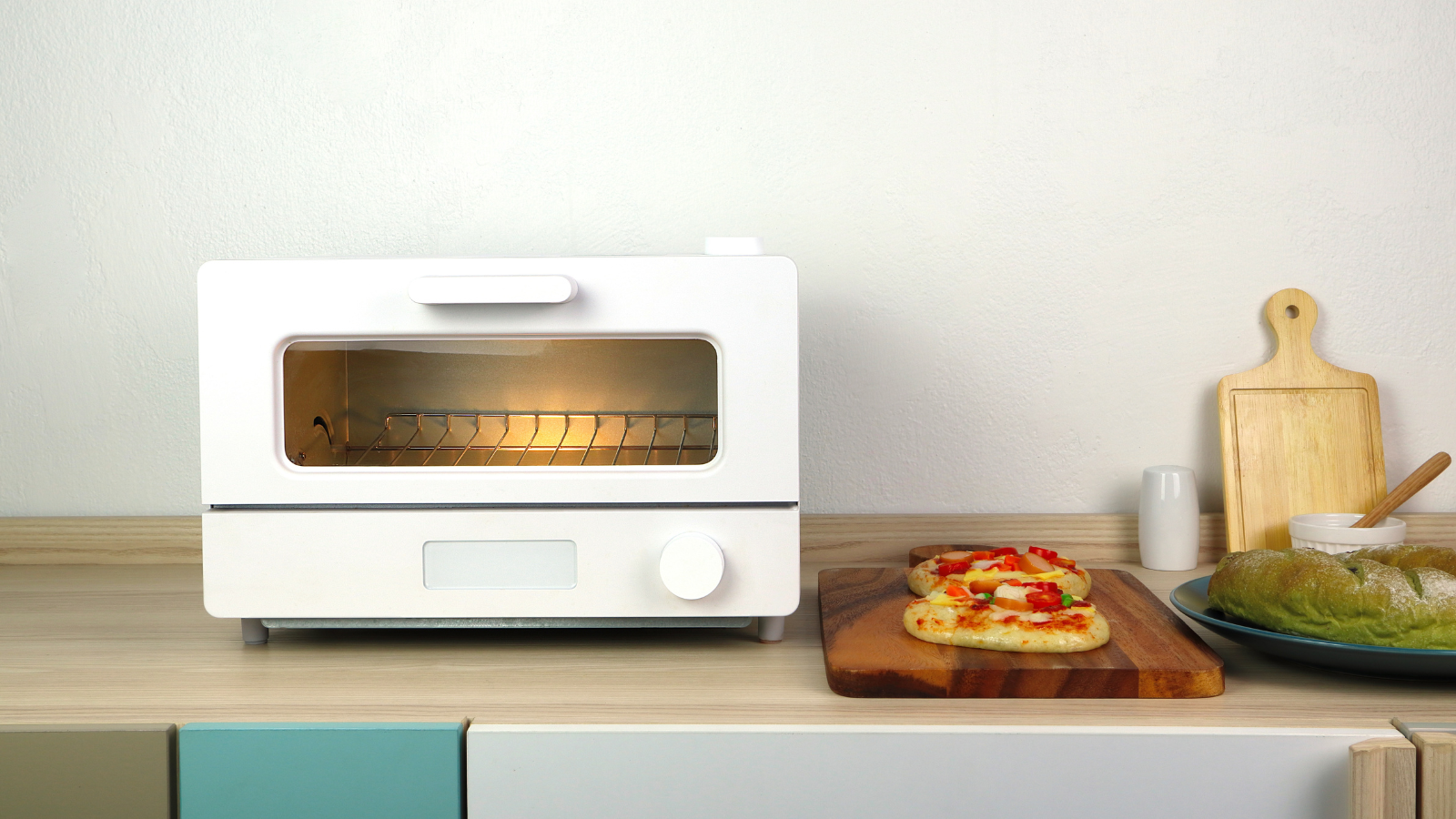
When you skip preheating the oven, you potentially get undercooked dishes with poor textures and flavors. This is simply because the oven takes time before it actually starts cooking your meals. The University of Illinois says you can avoid preheating only when you’re cooking vegetables, meats, and casseroles, as these have longer cooking times.
Using Dull Knives
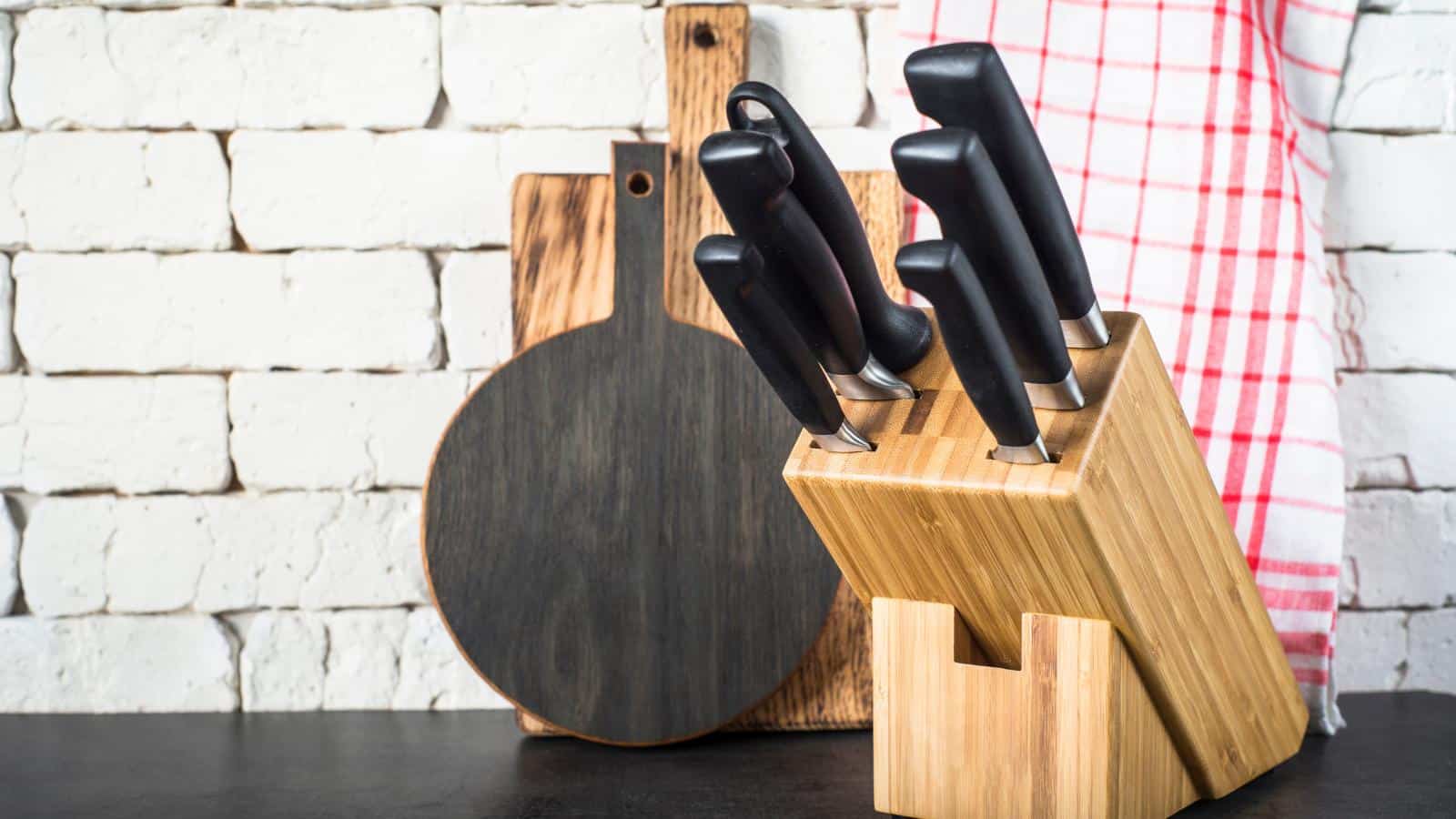
The disadvantages of dull blades go beyond just having inefficient knives to cut up meat and vegetables. Dull blades are more dangerous than their sharper counterparts, as they need more pressure to cut food, increasing your risk of an accident. It’s always best to sharpen your knives regularly.
Overcrowding the Pan
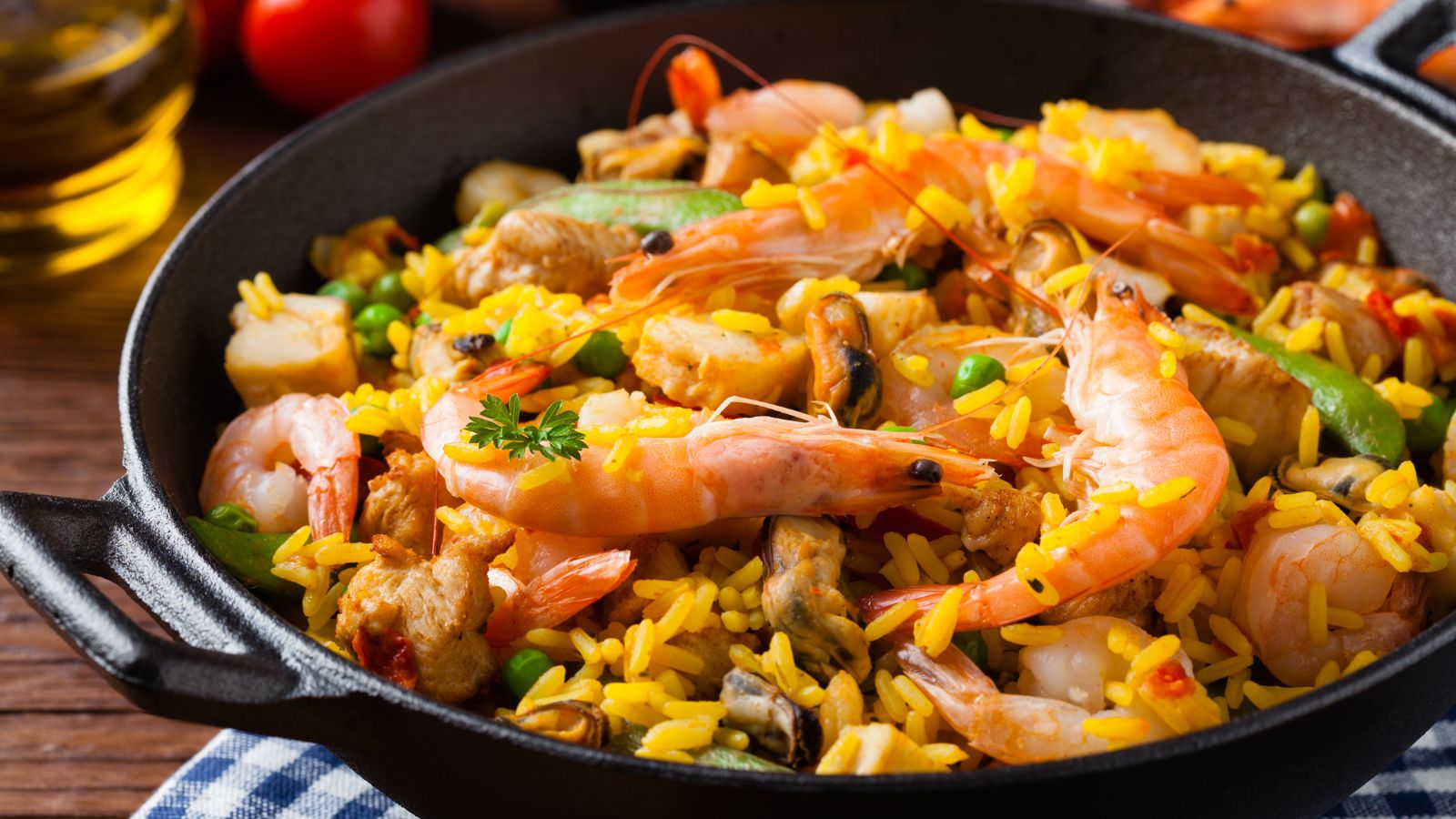
You should also avoid putting too much food in the pan. Doing this steams your food instead of frying or sautéing it, which prevents the food from browning and properly developing its intended rich flavors. Instead, cook in batches and ensure each piece has enough space to cook evenly.
Overlooking Fresh Herbs
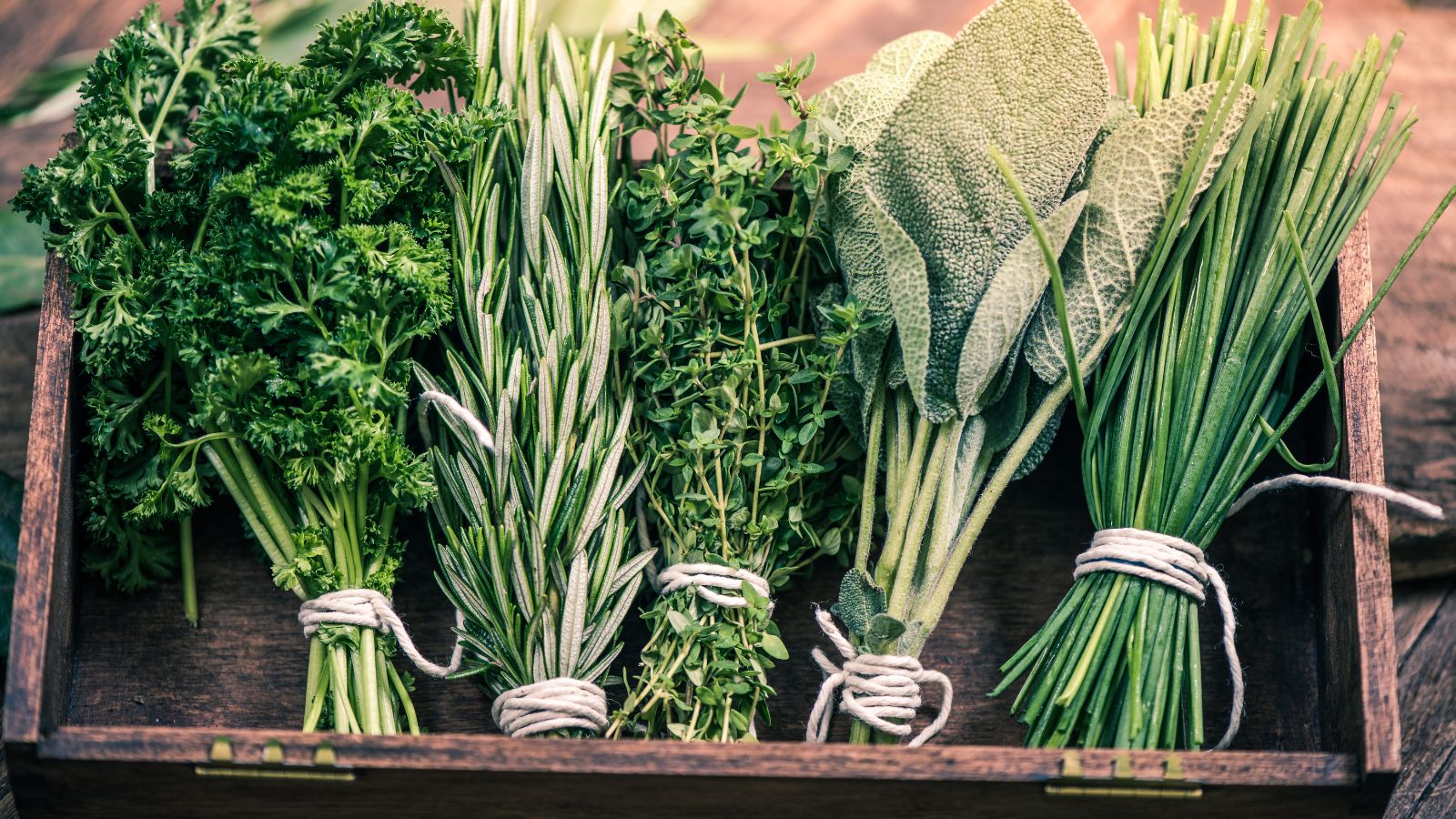
Fresh herbs add vibrant flavor to dishes. Using dried herbs as a substitute can sometimes lead to results that don’t have the same impact. Fresh herbs should be used for raw dishes like salads or when you’re using delicate, leafy herbs like parsley and chives. Dried herbs are best used in sauces, stews, or soups.
Ignoring the Recipe
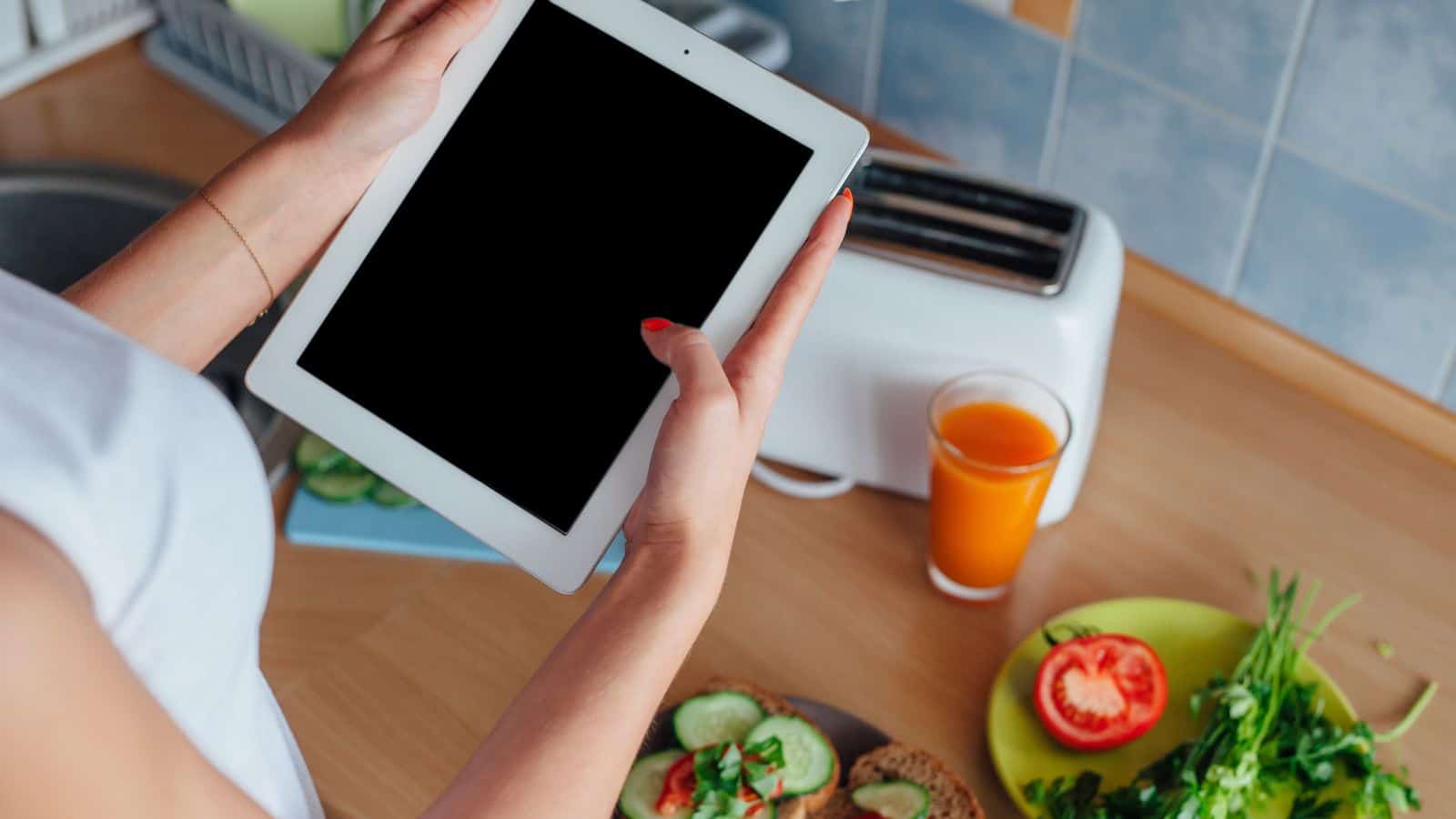
Recipes provide a tried-and-true method for creating dishes, so ignoring instructions or substituting ingredients without understanding their role can lead to poor results. Follow the recipe closely to ensure the best outcome, especially if you’re unfamiliar with the dish. Experimenting is fun, but precise measurements and steps ensure the dish turns out as intended.
Salting Food at the Wrong Time
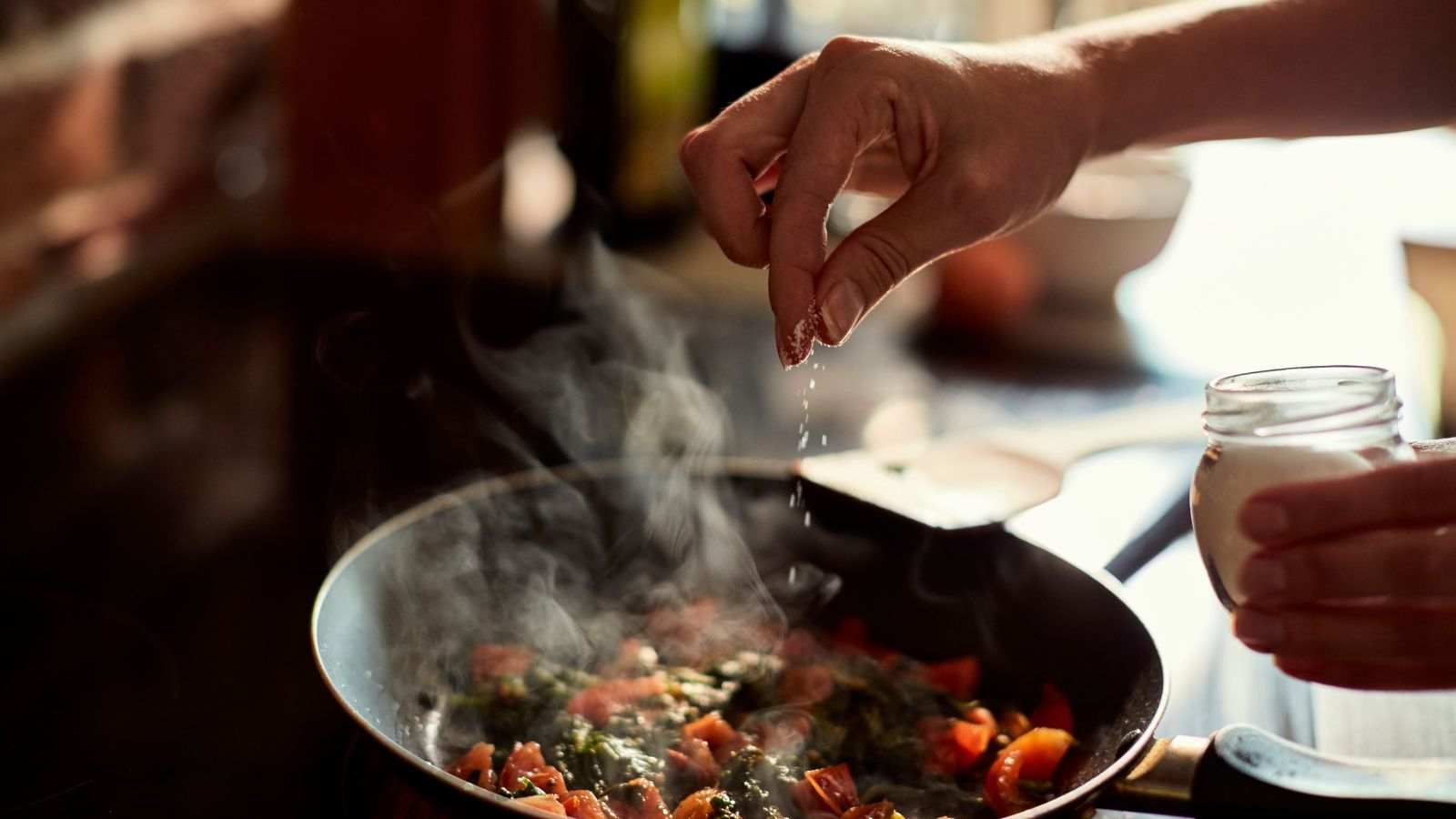
It’s always best to know the right time to salt your meal. For instance, while salting meat early makes it tender, salting a liquid like a sauce too early could make it too salty when you’re ready to eat it. This is due to a higher concentration of salt left behind as water evaporates.
Overcooking Pasta
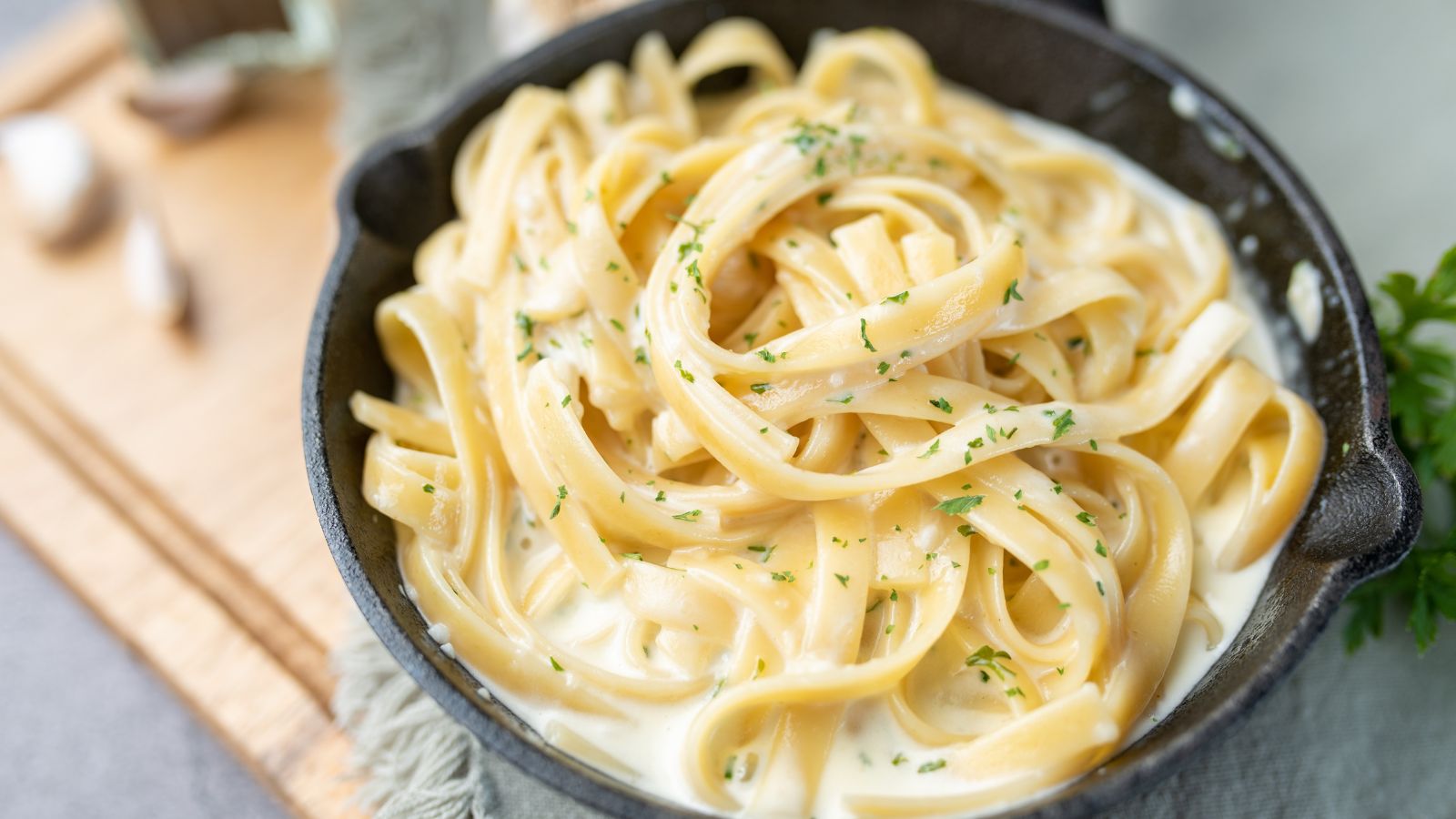
Pasta continues to cook after it’s been drained, so removing it from the heat just before it reaches al dente is important to prevent it from becoming mushy. Remember, overcooked pasta becomes mushy and unappetizing, losing its firm texture and ability to hold sauces well. Test your pasta a minute or two before the recommended cooking time to avoid this, and rinse briefly in cold water if necessary.
Using the Wrong Oil
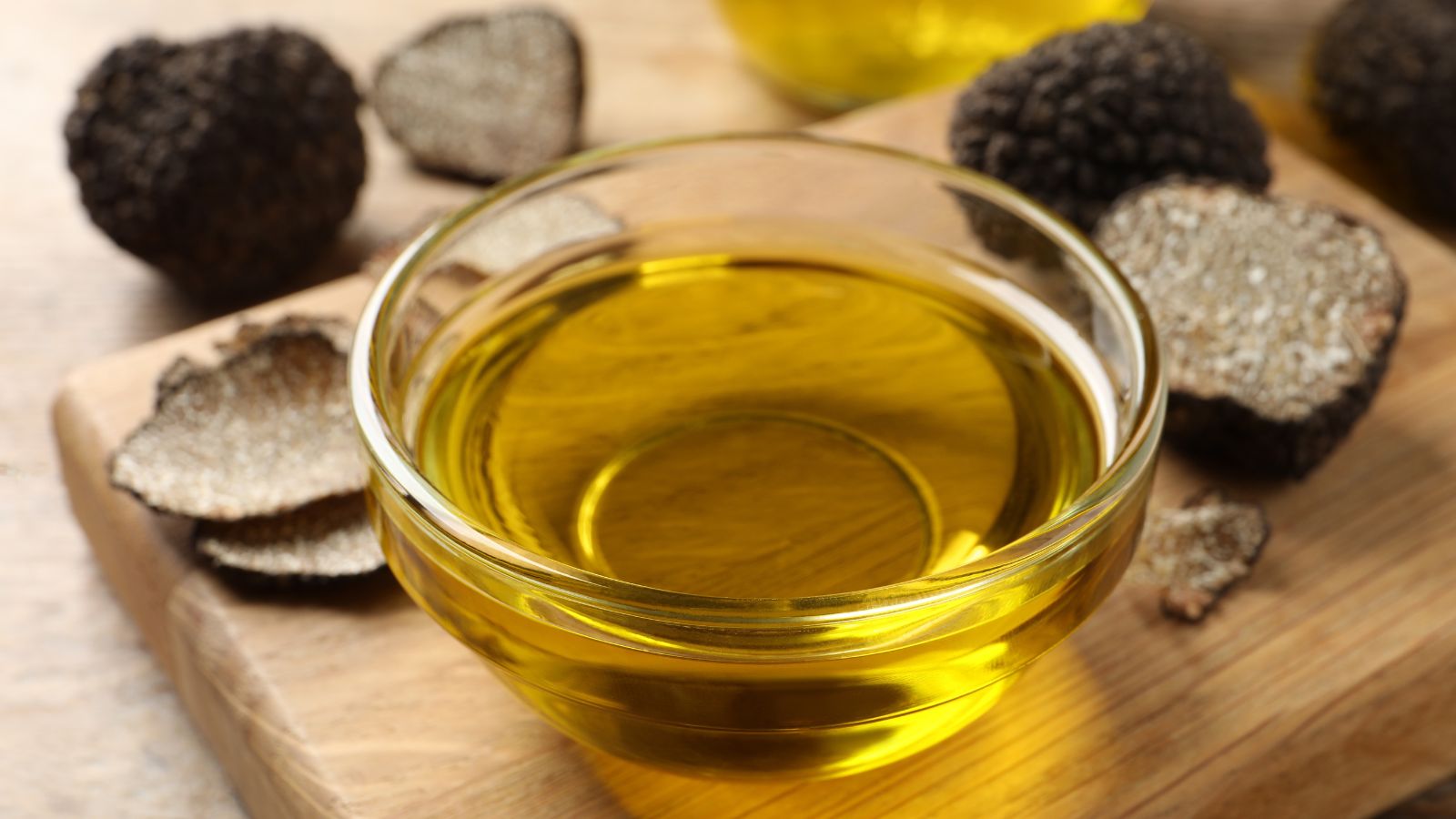
Different oils have different smoke points, which affect their suitability for various cooking methods. Using the wrong oil can lead to burned or poorly flavored food and even release harmful compounds when overheated. As a rule of thumb, olive oil is great for low to medium heat, while vegetable or canola oil is better for high-heat cooking.
Measuring Ingredients Incorrectly
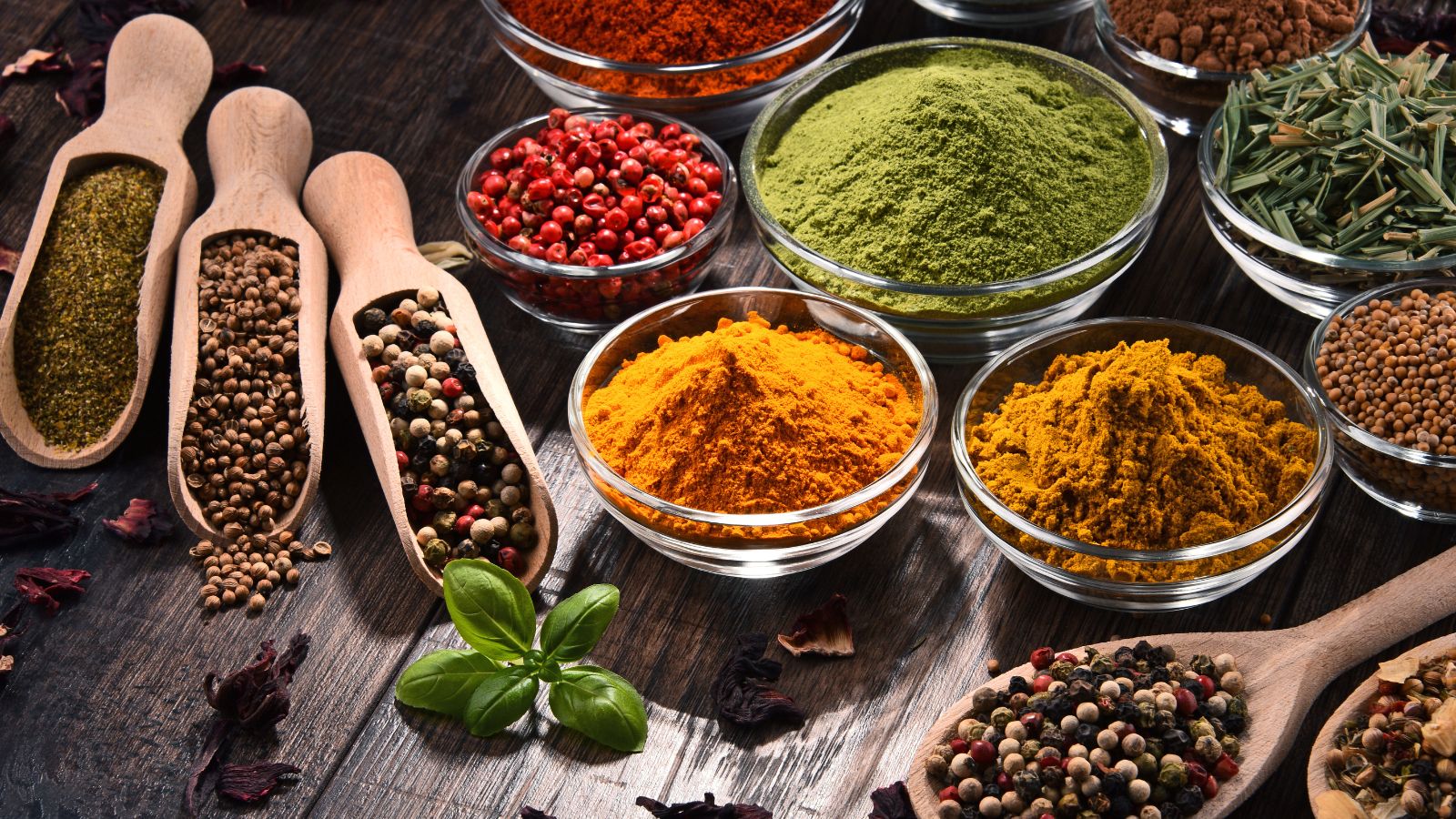
Baking is a science that requires precise measurements, so using the wrong amount of an ingredient can drastically alter the outcome. It’s best to use measuring cups and spoons for accuracy and to level off dry ingredients to ensure you’re not adding too much or too little. For liquids, use a clear measuring cup placed on a flat surface.
Using the Wrong Pan Size
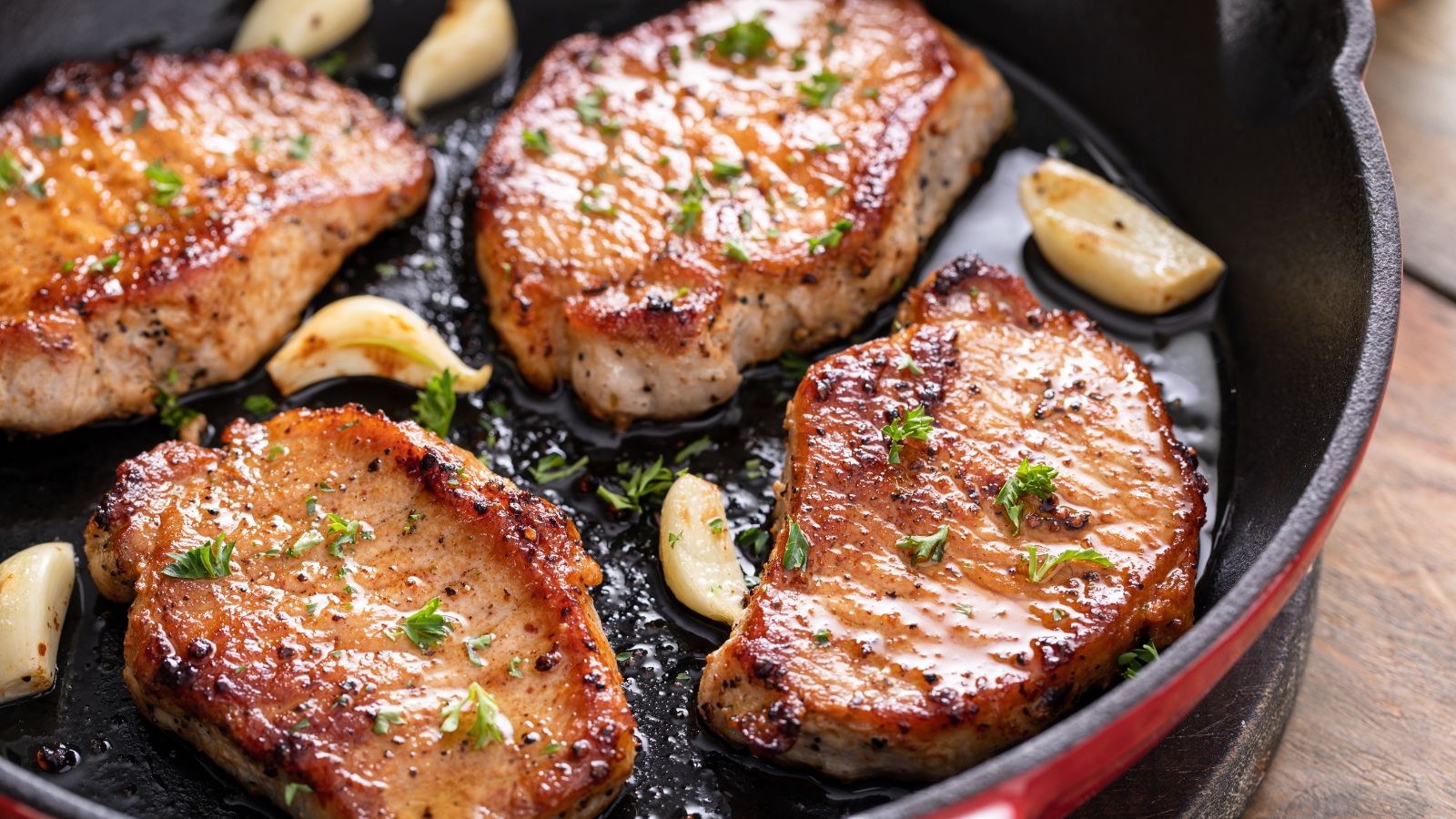
A pan that’s too large or too small can affect how your food cooks, leading to either uneven results or potential spills. These leave you with a mess to clean or impact your final dish. Use the size of the pan recommended in the recipe to ensure even cooking and the best possible outcome, or adjust cooking times and temperatures if you must use a different size.
Cooking at the Wrong Temperature
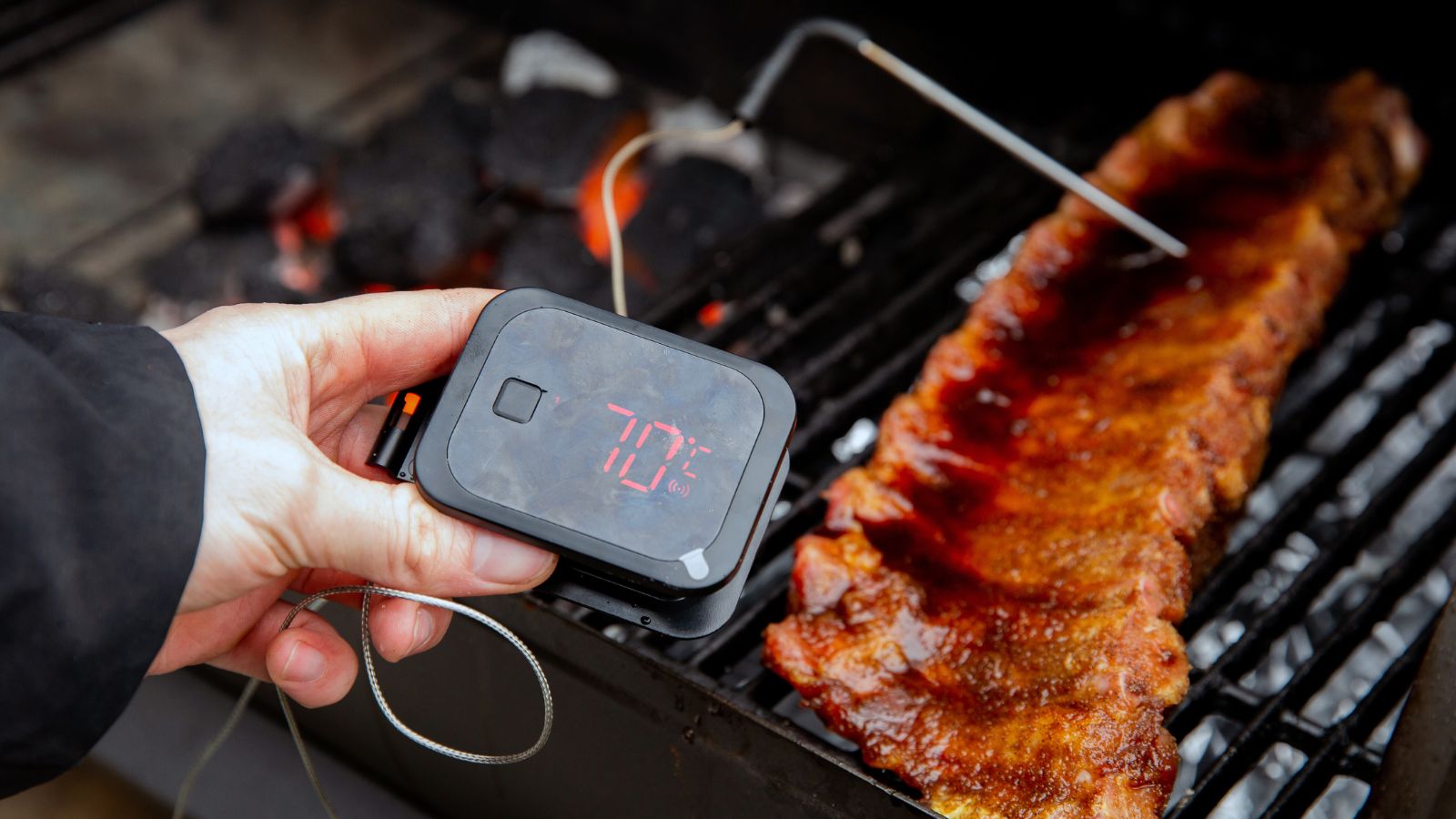
Temperature control is crucial for achieving the desired results. Cooking at too high a temperature can burn food on the outside while leaving it undercooked inside. Conversely, too low a temperature can lead to soggy, unappetizing dishes that don’t reach their full potential. Follow recipe guidelines for optimal results, and use a thermometer to monitor temperatures accurately.
Not Tasting as You Cook

Adjusting seasoning and flavor as you cook is important because tasting throughout the cooking process helps you catch potential issues early and refine flavors for a more delicious outcome. By doing this, you ensure the final product is well-seasoned and balanced. Don’t wait until the end to find out if your dish needs more salt or spices.
Overmixing Batter
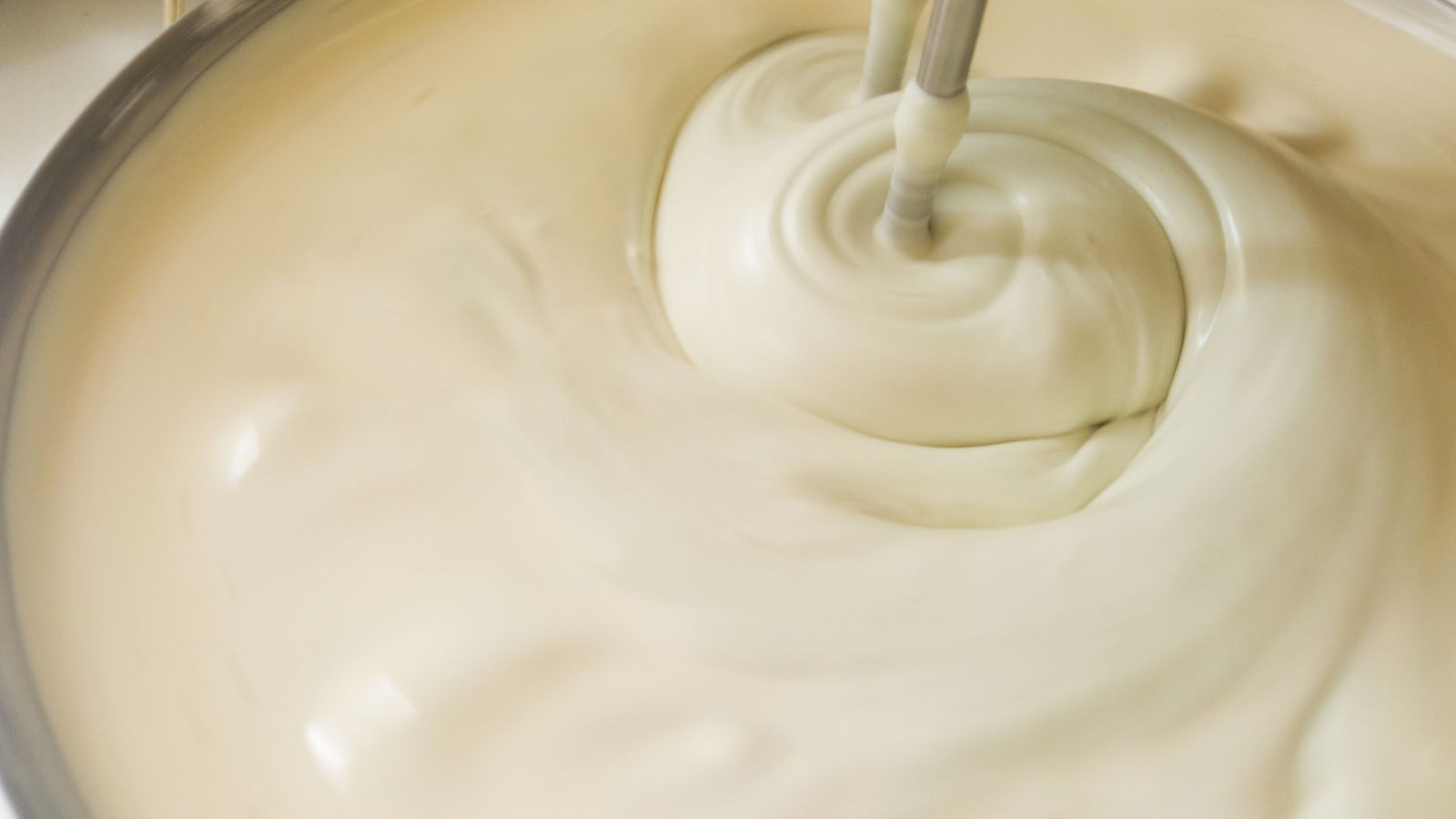
Overmixing can incorporate too much air into your batter, resulting in dense, chewy baked goods lacking the desired lightness. Overworking dough can also activate gluten excessively, leading to even tougher pastries that are less enjoyable. What you want to do is mix just until the ingredients are combined.
Neglecting to Read the Whole Recipe

Understanding the entire cooking process before you begin can prevent mistakes. Skimming a recipe almost always leads to missed steps or misunderstood instructions. While also ensuring you have all the necessary ingredients and equipment ready, taking the time to read through the entire recipe helps you cook more confidently and efficiently, avoiding last-minute surprises.
Using Cold Ingredients for Baking
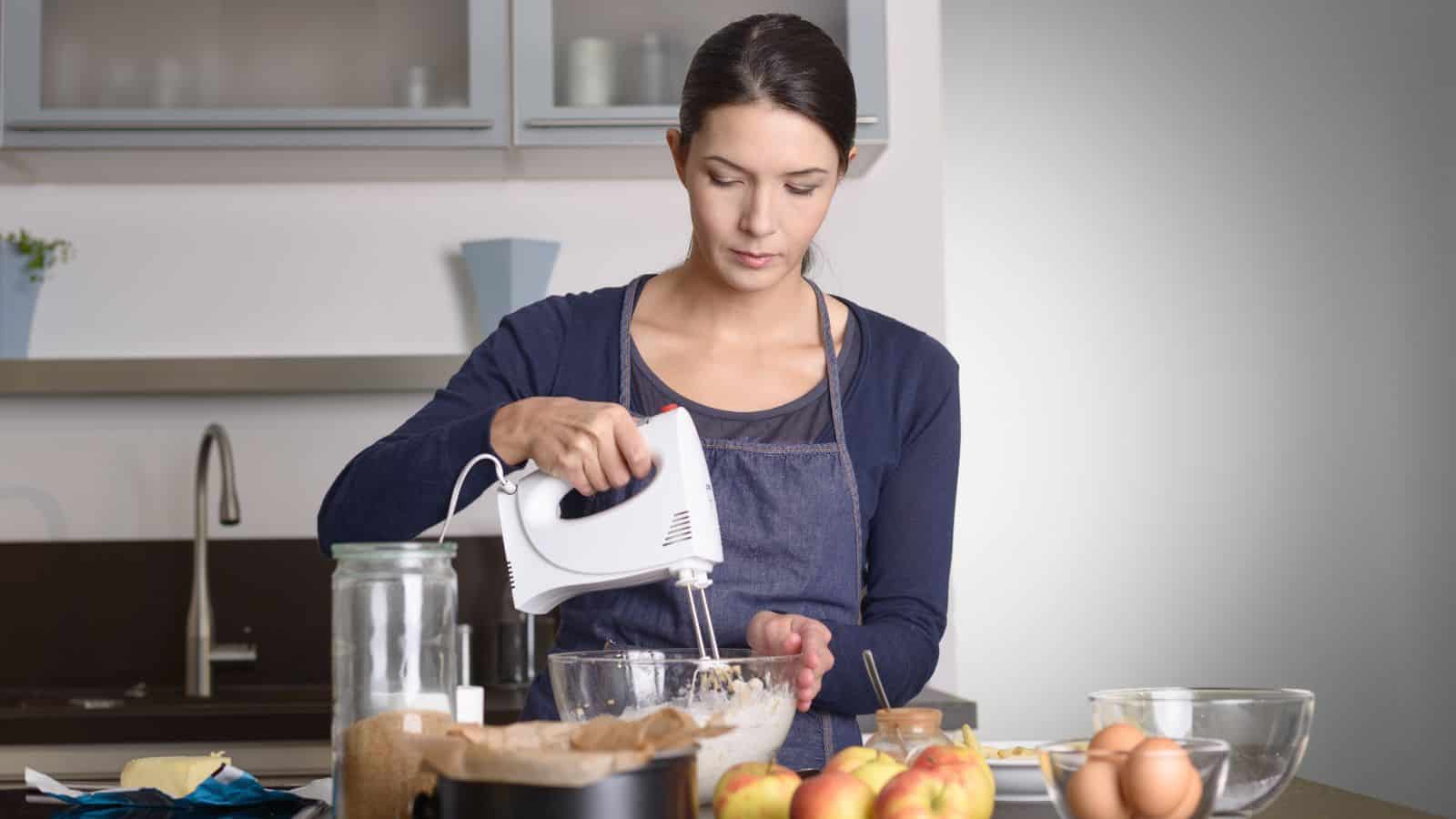
Room-temperature ingredients, particularly butter and eggs, mix more evenly and produce a better texture in baked goods. Cold ingredients can lead to uneven mixing and poor structure, affecting the final product’s quality. Let your ingredients come to room temperature before you begin baking for the best results, and plan ahead to ensure they’re ready when you need them.
Not Deglazing the Pan
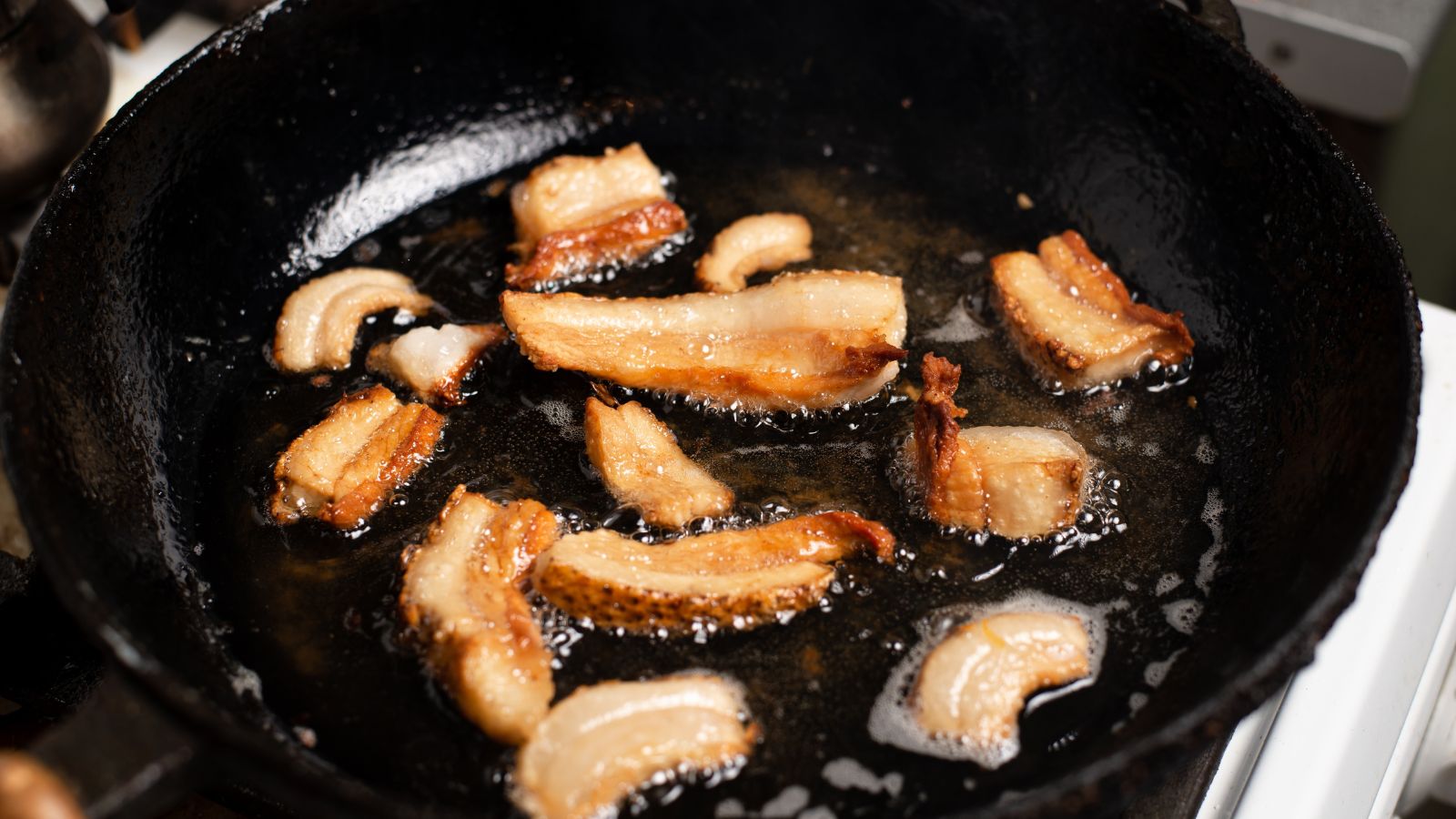
Deglazing a pan with wine, broth, or another liquid captures the flavorful browned bits left behind after cooking meat, creating a rich sauce base. Skipping deglazing means you miss out on these concentrated flavors that can enhance your dish significantly. Incorporating this step adds depth and complexity to your sauces, making your meals more flavorful and satisfying.
Forgetting to Season Meat Before Cooking
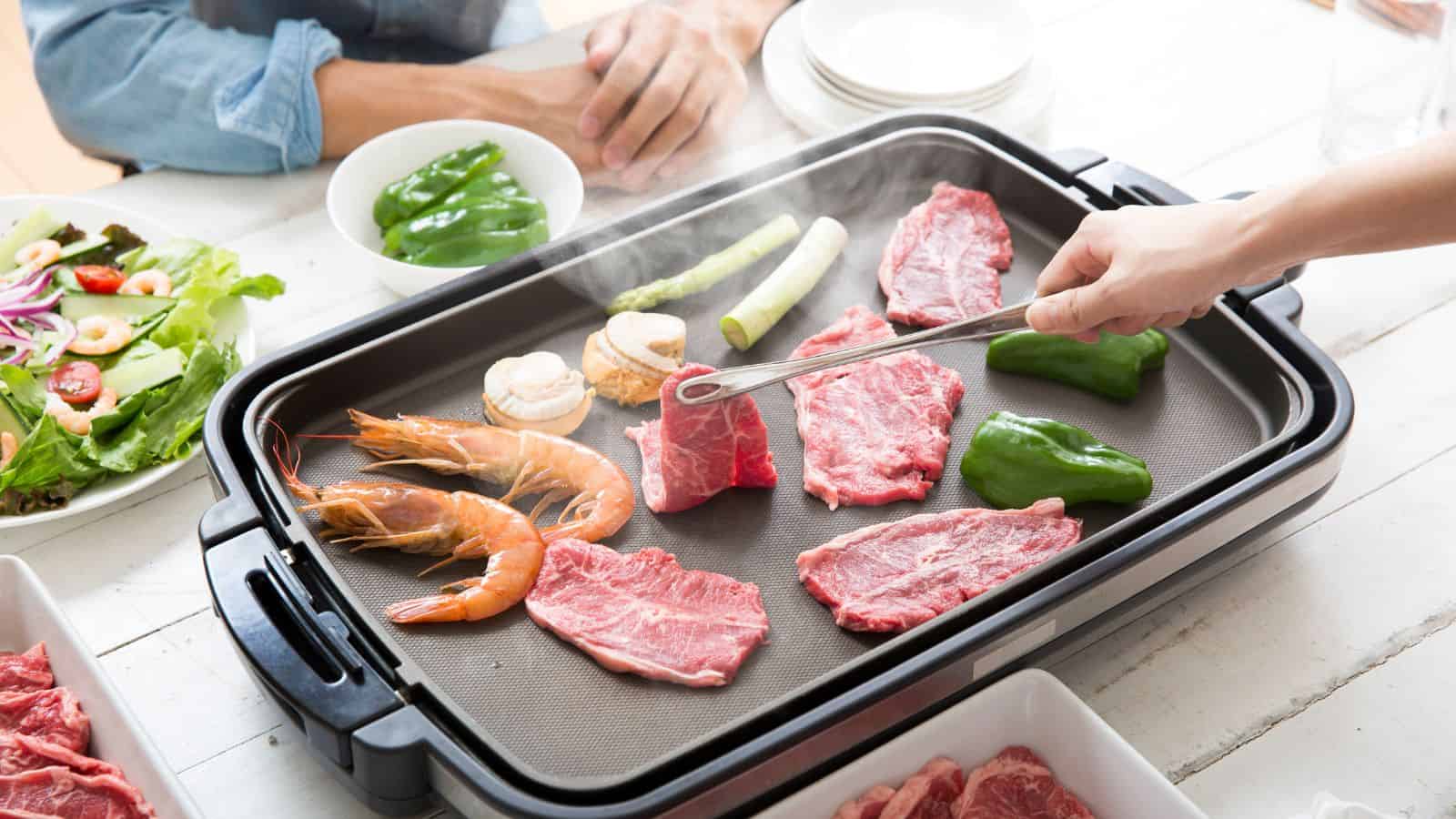
Seasoning meat just before cooking helps develop its flavor, as salt draws out moisture and enhances the meat’s taste when it’s cooked. On the other hand, forgetting to season meat can result in a bland dish that lacks depth and complexity. Always remember to add salt and pepper or your favorite rubs and marinades to ensure your meat is enjoyable.
Using Too Much Flour When Rolling Dough
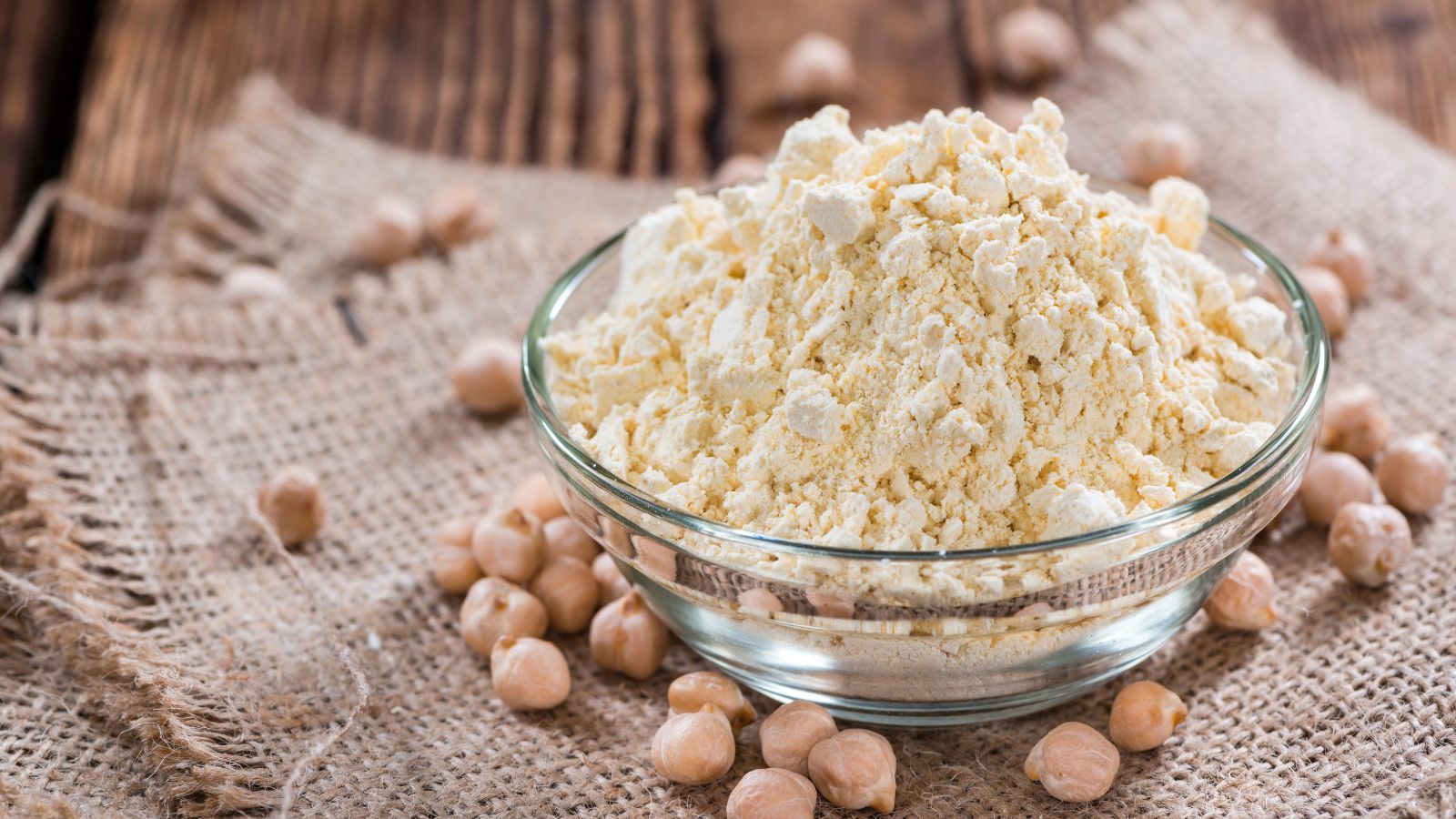
Excess flour can dry out dough, making baked goods tough and less enjoyable. Too much flour can also alter the taste and texture of pastries, so be mindful when dusting your work surface. Use just enough to prevent sticking, roll gently to maintain a tender texture, and also try using a non-stick mat if possible.
Cooking Vegetables for Too Long
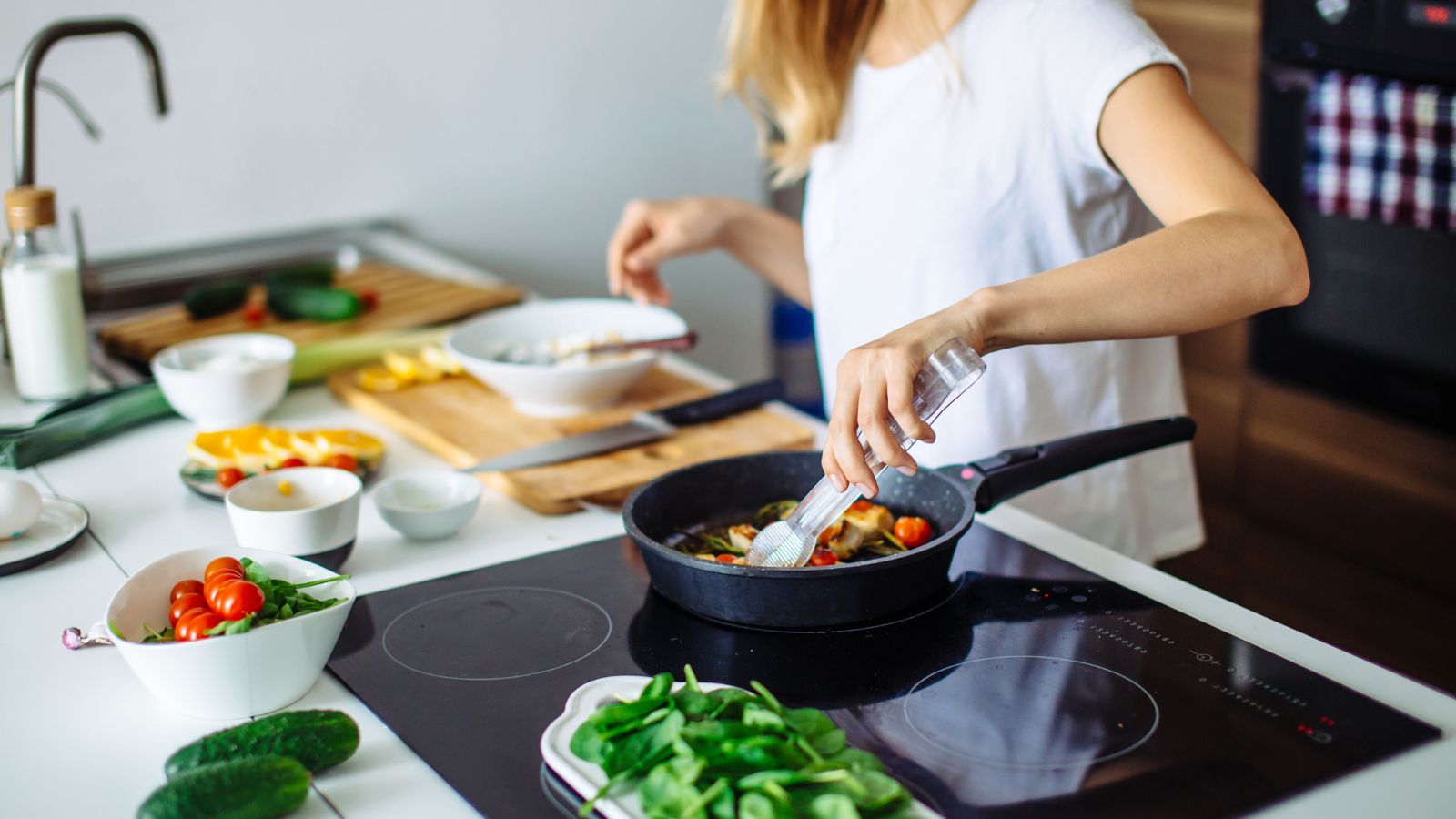
Overcooked vegetables lose their color, texture, and nutrients, becoming mushy and less appealing. Cooking vegetables until they’re just tender preserves their flavor and nutritional value. Steaming or sautéing can also help maintain their vibrant color and crispness, offering a better dining experience.
Ignoring Resting Times for Baked Goods
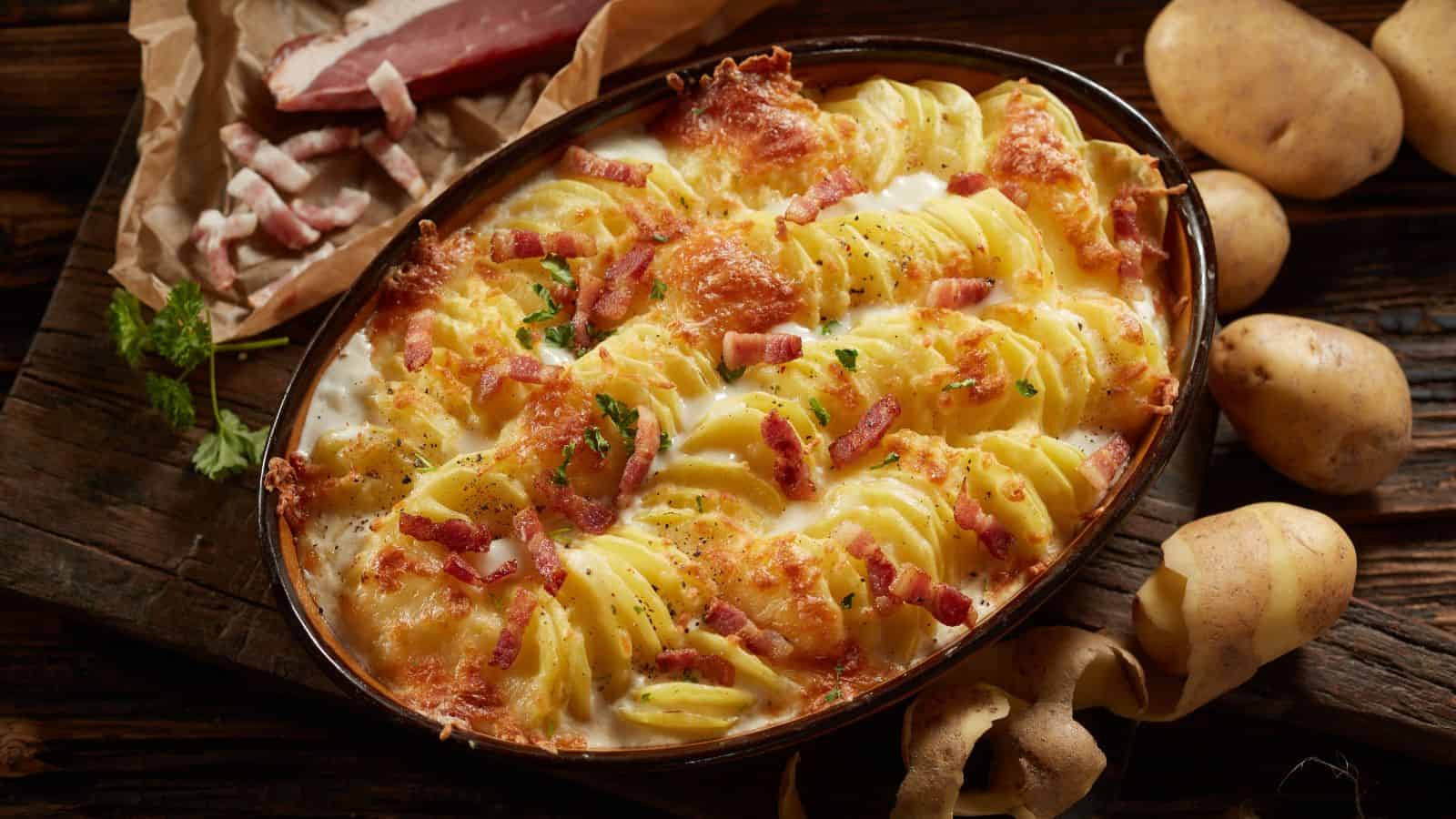
Baked goods need time to set after they come out of the oven, as cutting into them too soon can lead to a crumbly texture and less flavor. Allow cookies, cakes, and breads to cool and set for the recommended time to achieve the best results, ensuring they are easier to handle and more enjoyable to eat.
Up Next: 17 Things Most People Forget After Someone Dies

When a person dies, it’s easy for their partner or family members to overlook things while they process shock and grief. Despite the pain of losing a loved family member, it’s important to remember to organize these 17 things to prevent problems later on.
17 Things Most People Forget After Someone Dies
17 Phrases Confident People Use to Stand Up For Themselves

Confidence is a healthy and attractive trait that helps us stand firm in our values and set healthy boundaries. We can always become more confident, and learning the right ways to stand up for yourself is a great way to start. Here are 17 phrases you can use to do so.
17 Phrases Confident People Use to Stand Up For Themselves
20 Signs Someone Is Only Pretending to Care

Whether it’s to avoid hurting your feelings or if it’s part of a more elaborate plan to deceive you for benefits, people pretend for many reasons. The main theme with them, though, is that their actions never match the sugar-coated words that come out of their mouths. So that you don’t fall for someone like this, we’ve compiled 20 signs for you to look out for.
